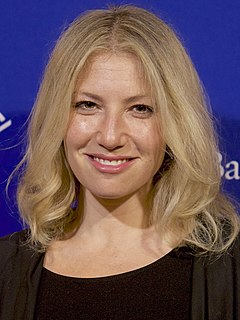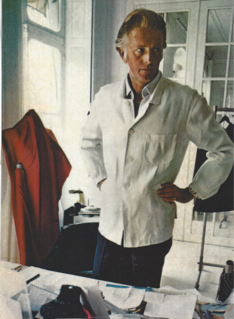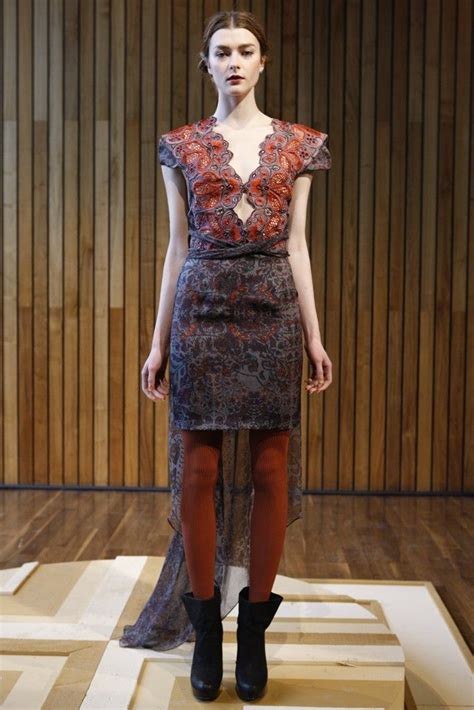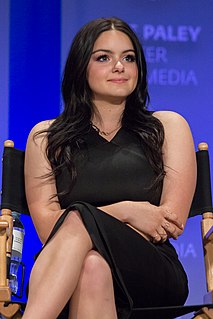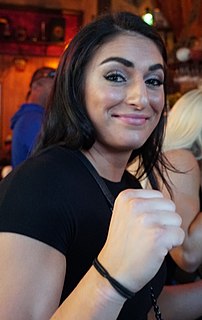A Quote by Amy Smart
I would love to do a period piece - in the 18th or 17th century. To me, it would be such an incredible challenge because of the way people carried themselves. There are so many incredible stories within those centuries - just the language and the way they carried themselves and what they were going through.
Related Quotes
Fashion has been collected and exhibited for many years. People were picking up clothing of famous individuals, like Marie Antoinette's shoe or Napoleon's hat. That part of the resistance to having fashion in museums had to do with it being associated with femininity, and with the female body. Yet, as early as the 18th century, some people were recognizing that just as you collected art, you, might think about collecting fashion for museums, because it would provide insight into the way people thought about their lives and, and the way they envisioned themselves.
One of the interesting things about the history of poetry in the 16th, 17th, and 18th centuries is that people who read liked getting their information in rhyme just as much as in prose. The genre that we would think of as nonfiction often was written in verse in forms like the Georgic when people thought that one of the tasks of poetry was conveying arguments and information in a pleasant way.
To me, the stories that have always intrigued me are the stories of people leaving my movies and being affected by them. They walk home 20 blocks the wrong way. Or they lock themselves in their office. Or they find themselves weeping when in the shower after the film. And those intrigue me, because I know I've touched something inside them.
Television always carried me: be it at my beginnings in small series and telefilms, or through my success in Kasamh Se and Bade Acche Lagte Hain. Thanks to TV, I saw an incredible dream come true: I could incarnate good and bad people, share my joys and pains with the audience, but also be part of this incredible medium that can educate and entertain at the same time! And with new TV platforms, the journey has only just started.
The word crap is actually another word that's very, very old. It was taken over from 17th century England by the pilgrim fathers and Americans were talking about things being crap in the 17th and 18th centuries. What Sir Thomas Crapper – complete coincidence – does is not invent the flushing toilet, as many, many people believe, but was a great promoter for it. He ran a business marketing other people's products and that's why his name was on them. When the American soldiers came over in the First World War, they all thought it was hilarious that it said 'crapper' on them.
The truth of the matter was stories was everything and everything was stories. Everybody told stories. It was a way of saying who they were in the world. It was their understanding of themselves. It was letting themselves know how they believed the world worked, the right way and the way that was not so right.
It's incredible when women tell me that they've read things that I've said or have been inspired by things that I've done. To hear them say that because of something I did, they felt more positive about themselves and or had more of a voice to stand up for things that were right. It's been empowering for me to be able to help other women feel that way about themselves.
We're going to show great heart. DACA is a very, very difficult subjects, one of the most difficult. You have these incredible kids in many cases, not in all cases, in some of the cases they are gang members and drug dealers, too. But you have some absolutely incredible kids, I would say mostly. They were brought here in such a way, it's a very, very tough subject.




